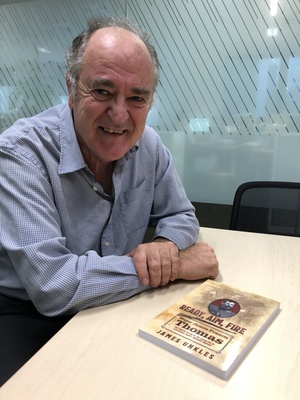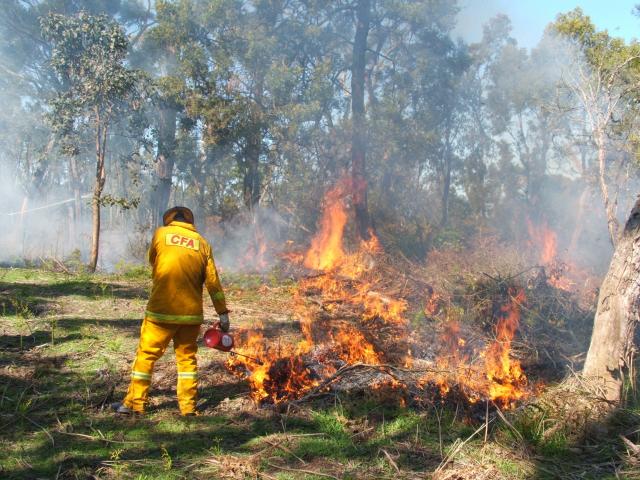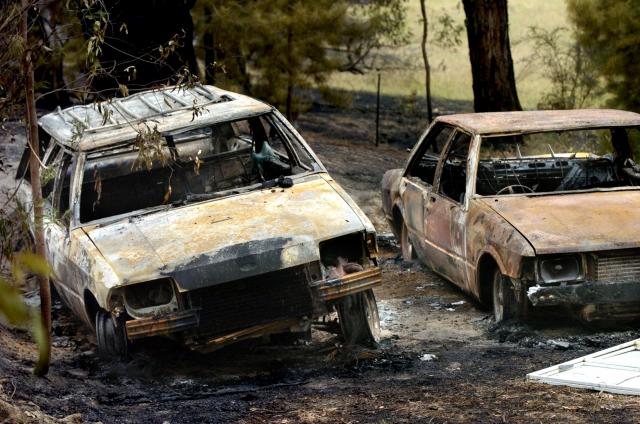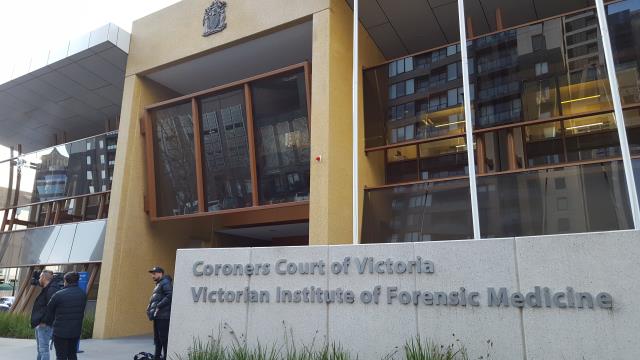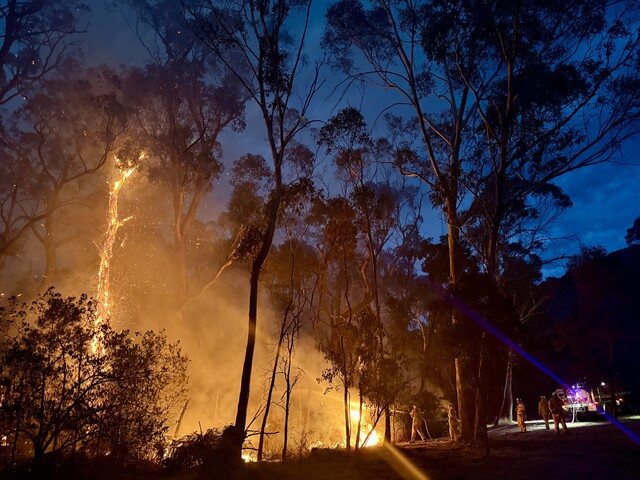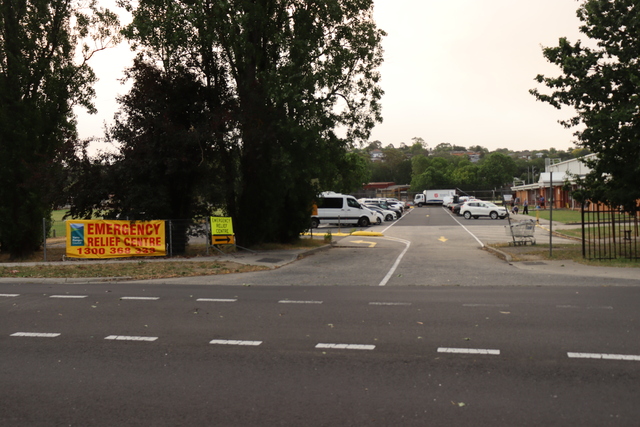The tales of Harry “Breaker” Morant remain a controversial part of Australian war history.
To this day, debate still surrounds the story of Morant and two other Australians who were found guilty of unlawfully executing prisoners during the Boer war in 1902.
But not much has been revealed about those involved in the renowned case, until now.
Lilydale RSL member James Unkles has recently published a book about Major James Francis Thomas, the legal representative for the trio during their trials in Britain.
The book ‘Ready, Aim, Fire – Major James Francis Thomas – The Fourth Victim in the Execution of Harry ‘Breaker’ Morant’ explores the sacrifice Major Thomas made in acting for his clients and the toll it had on his physical and mental health.
Major Thomas died alone in his home town of Tenterfield, NSW from malnutrition and destitute.
Mr Unkles said the idea to write a story about Major Thomas came from years of investigating the Morant case.
“Last year while I was continuing the work I had a look at Thomas. He really hasn’t been recognised in terms of his life.”
“Nothing had been published of significance, so I decided while doing this other work, to finish this book.”
Mr Unkles is a former Navy Reserve officer and military lawyer who started researching the Breaker Morant case 10 years ago.
He said during his research he discovered that Lieutenants Morant, Peter Handcock and George Witton were not tried in accordance with military law of 1902 and he had since been working to get them posthumous pardons.
That work has seen him forward petitions to the Australian House of Representatives Petitions Committee and another to the Queen of England.
“It’s been intensive,” Mr Unkles said.
“It’s research that’s not difficult from a mental perspective because I’ve been a military lawyer for over 30 years and I enjoy history.
“It’s become a bit of an obsession. I’m at the point where I’ve gone too far, I can’t stop.”
In February last year, his work resulted in a motion being passed in the House of Representatives that acknowledged the injustice and provided apologies to the men’s descendants.
Mr Unkles said he is currently developing another book about Breaker Morant and that he would continue to write to ensure the entire story is recorded in history.
“This case stands for a gross injustice despite its age. I want to see it addressed and that’s been the motivating feature,” he said.
“If you believe there’s an injustice, you’ve got to work hard to correct it but most importantly you’ve got to have the evidence to back it up.”
“The rhetoric itself won’t get you over the line.”
Mr Unkles will launch his book at The Law Society of New South Wales on 30 September.
For more information about the book and research visit breakermorant.com.

